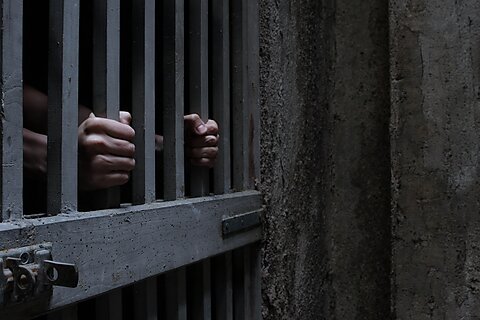Matthew Cavedon
By all appearances, the death penalty is highly unpopular in the District of Columbia. The last person the city executed was Robert Carter in 1957—his jury actually recommended that he get life, but the death penalty was mandated by statute. In 1981, the city council formally abolished the death penalty. When Congress put the issue to a local referendum in 1992, voters rejected reviving the death penalty by a 2:1 margin. Another effort to do so, in 1997, died in committee. I couldn’t find any recent DC opinion polling on the issue, but last year, Gallup found that only 38 percent of Democrats nationwide favor the death penalty, and more than nine in ten Washingtonians have voted Democratic in the last five presidential elections.
All of which makes even more extraordinary President Trump’s announcement today that he expects prosecutors to seek the death penalty in every DC murder prosecution. (This may be Trump’s biggest death penalty push since 1989, when he took out a full-page New York Times ad calling for the executions of five non-white, urbanite defendants accused of raping a Central Park jogger—they were later exonerated by DNA testing.)
Washington’s decision to abolish the death penalty is no legal obstacle to Trump because the federal government prosecutes DC murders. The question isn’t who will bring the cases—it’s who would try them.
Jury qualification in death penalty cases is complicated. In the 1968 case Witherspoon v. Illinois, the Supreme Court held that people can be kept from serving on capital juries if they will not “even consider returning a verdict of death,” but citizens have the right to serve even if they have “conscientious or religious scruples” or even oppose the death penalty “in principle.” Several Supreme Court decisions have refined Witherspoon, but the current state of the law is that a juror can be removed only for being “substantially impaired in his or her ability to impose the death penalty.”
On the other hand, Witherspoon also recognized that the jury’s duty is to “express the conscience of the community on the ultimate question of life or death.” A jury made up entirely of strong death-penalty supporters “cannot speak for the community. Culled of all who harbor doubts about the wisdom of capital punishment—of all who would be reluctant to pronounce the extreme penalty—such a jury can speak only for a distinct and dwindling minority.” In seeking to seat juries “capable of imposing the death penalty,” governments cannot tilt the system toward ones “uncommonly willing to condemn a man to die.”
The president’s order pushes Witherspoon to its breaking point. There are reasons to think the District of Columbia ranks as one of the most anti-death penalty jurisdictions in the country and that only a small proportion of its people support capital punishment. (Even worse, surely no small number of these are the disproportionately conservative people who moved to the city to work for the Trump administration.)
The president has already shown his willingness to police Washingtonians using an outside occupation force. It looks like he also wants a very “distinct and dwindling minority”—composed partly of his own employees—to condemn them to die.

